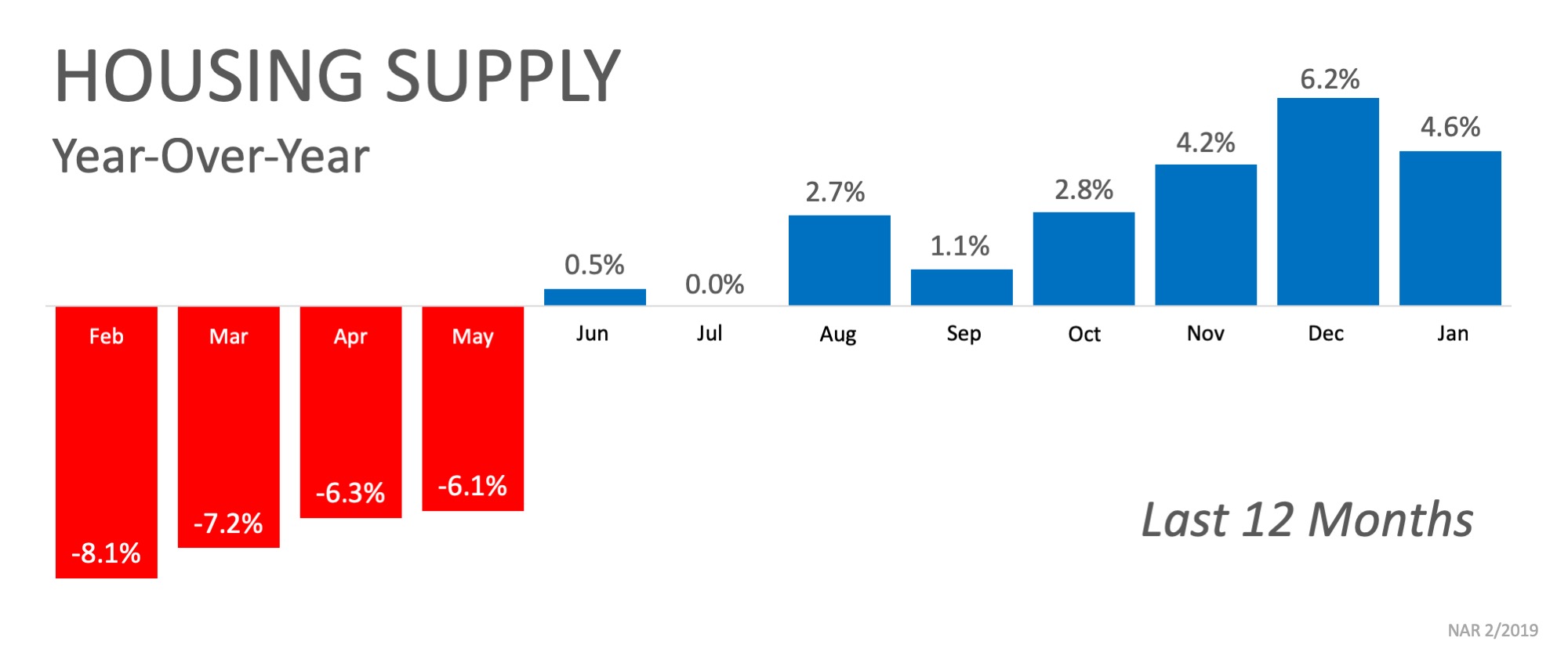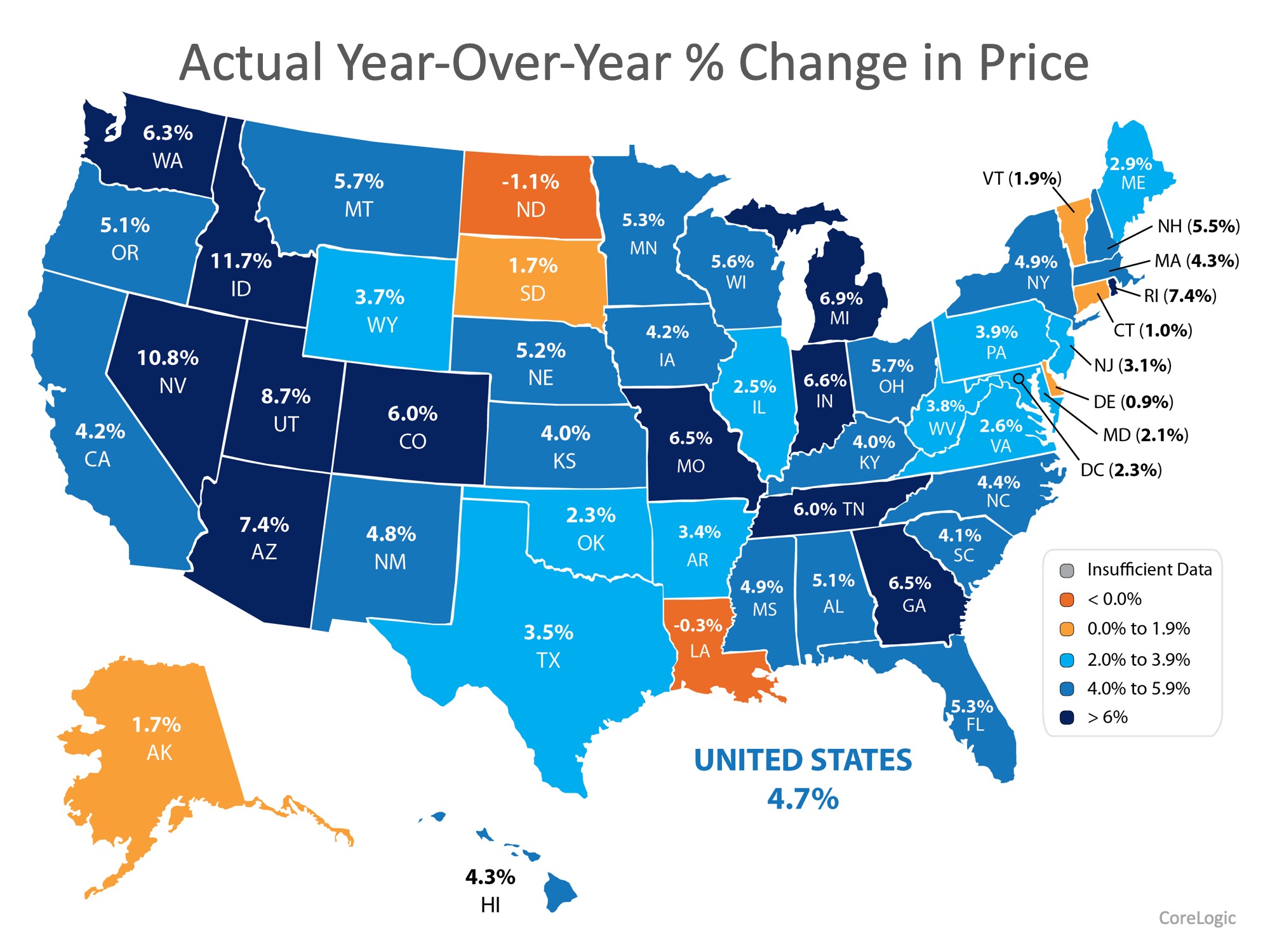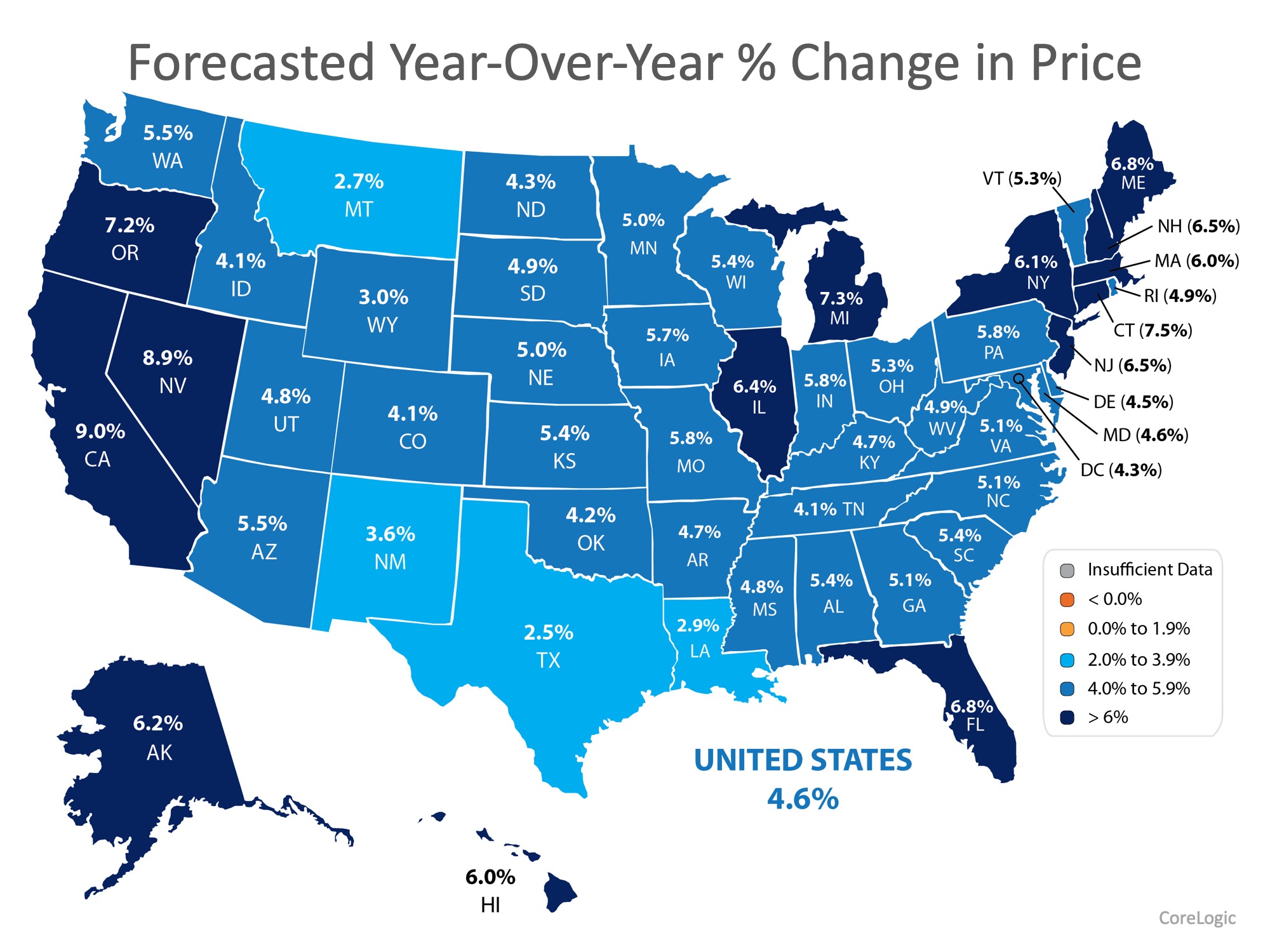Your Tax Refund Is The Key To Homeownership!
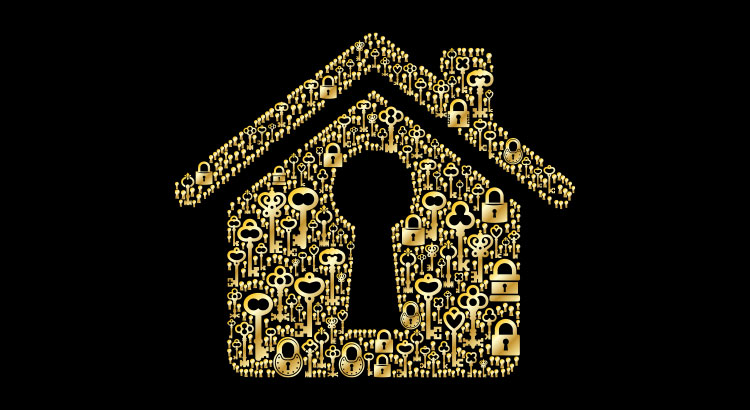
According to data released by the Internal Revenue Service (IRS), Americans can expect an estimated average refund of $3,143 this year when filing their taxes. This is down slightly from the average refund of $3,436 last year.
Tax refunds are often thought of as ‘extra money’ that can be used toward larger goals. For anyone looking to buy a home in 2019, this can be a great jump start toward a down payment!
The map below shows the average tax refund Americans received last year by state.
Many first-time buyers believe that a 20% down payment is required to qualify for a mortgage. Programs from the Federal Housing Authority, Freddie Mac, and Fannie Mae all allow for down payments as low as 3%. Veterans Affairs Loans allow many veterans to purchase a home with 0% down.
If you started your down payment savings with your tax refund check this year, how close would you be to a 3% down payment?
The map below shows what percentage of a 3% down payment is covered by the average tax refund by taking into account the median price of homes sold by state.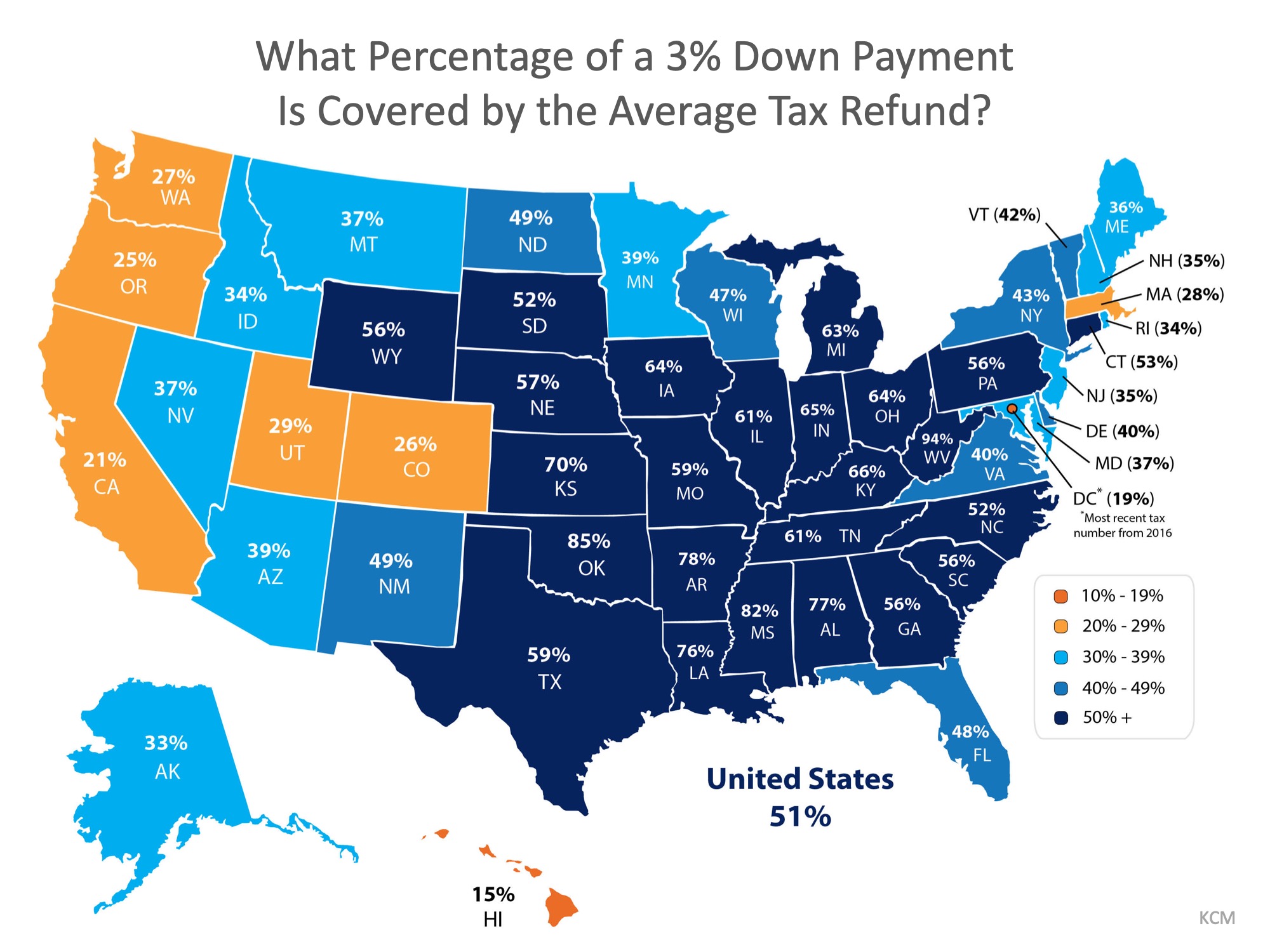
The darker the blue, the closer your tax refund gets you to homeownership! For those in Oklahoma looking to purchase their first homes, their tax refund could potentially get them 85% closer to that dream!
Bottom Line
Saving for a down payment can seem like a daunting task. But the more you know about what’s required, the more prepared you can be to make the best decision for you and your family! This tax season, your refund could be your key to homeownership!

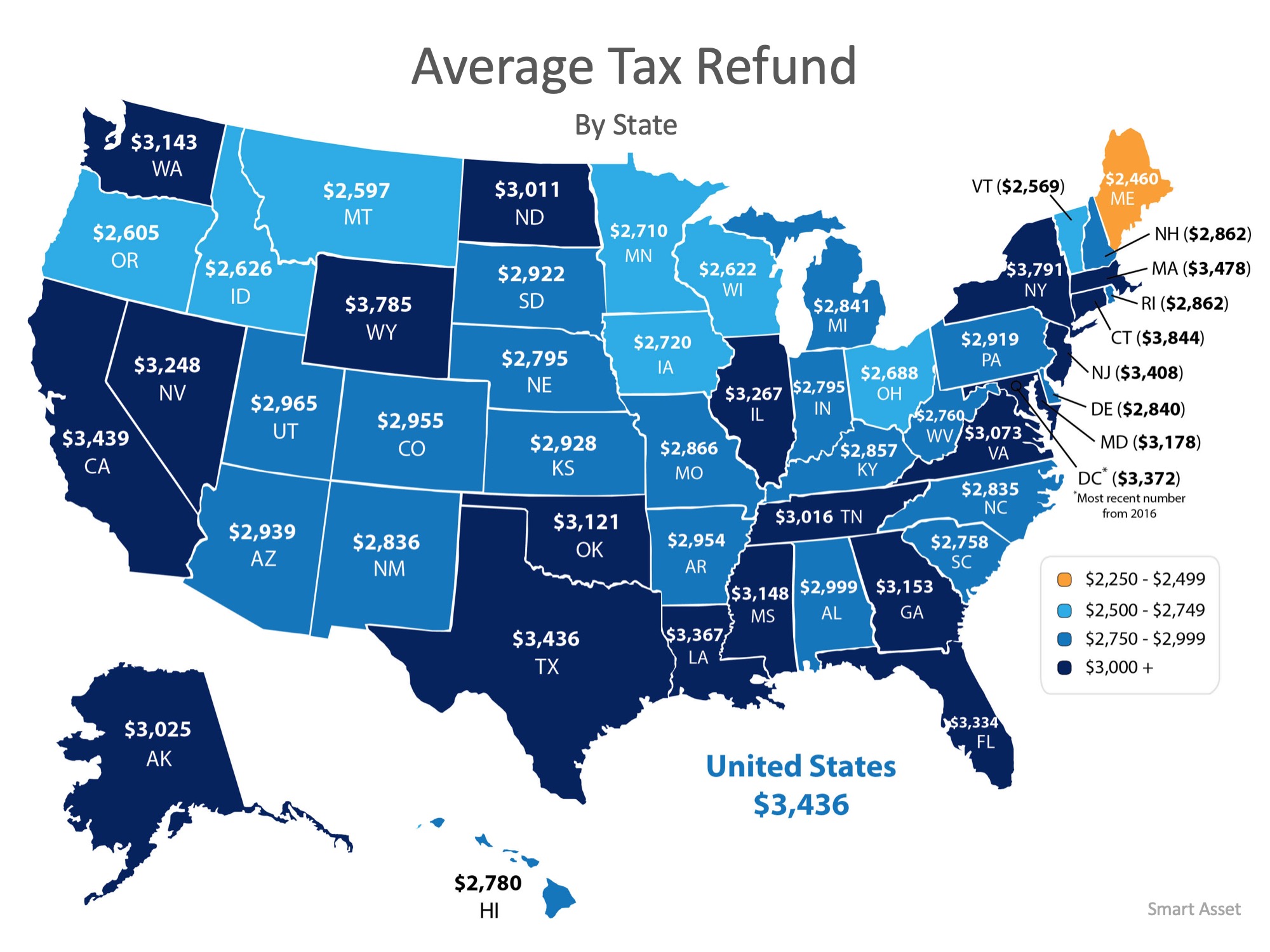

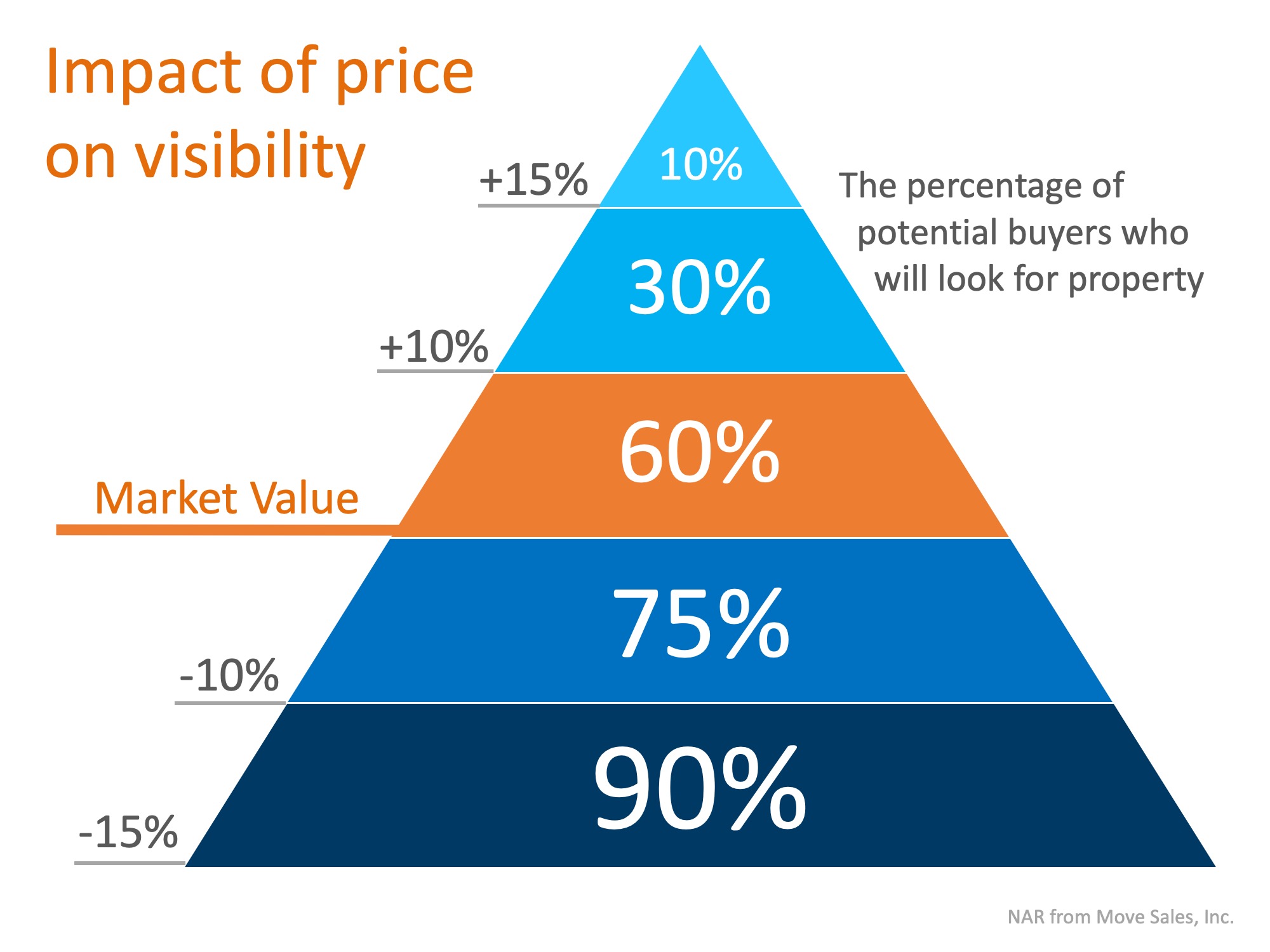
![Don’t Let Your Luck Run Out! Buy A Home This Spring [INFOGRAPHIC] | My KCM](https://files.mykcm.com/2019/03/13065556/20190315-St-Patricks-Day-MEM-1046x1046.jpg)


